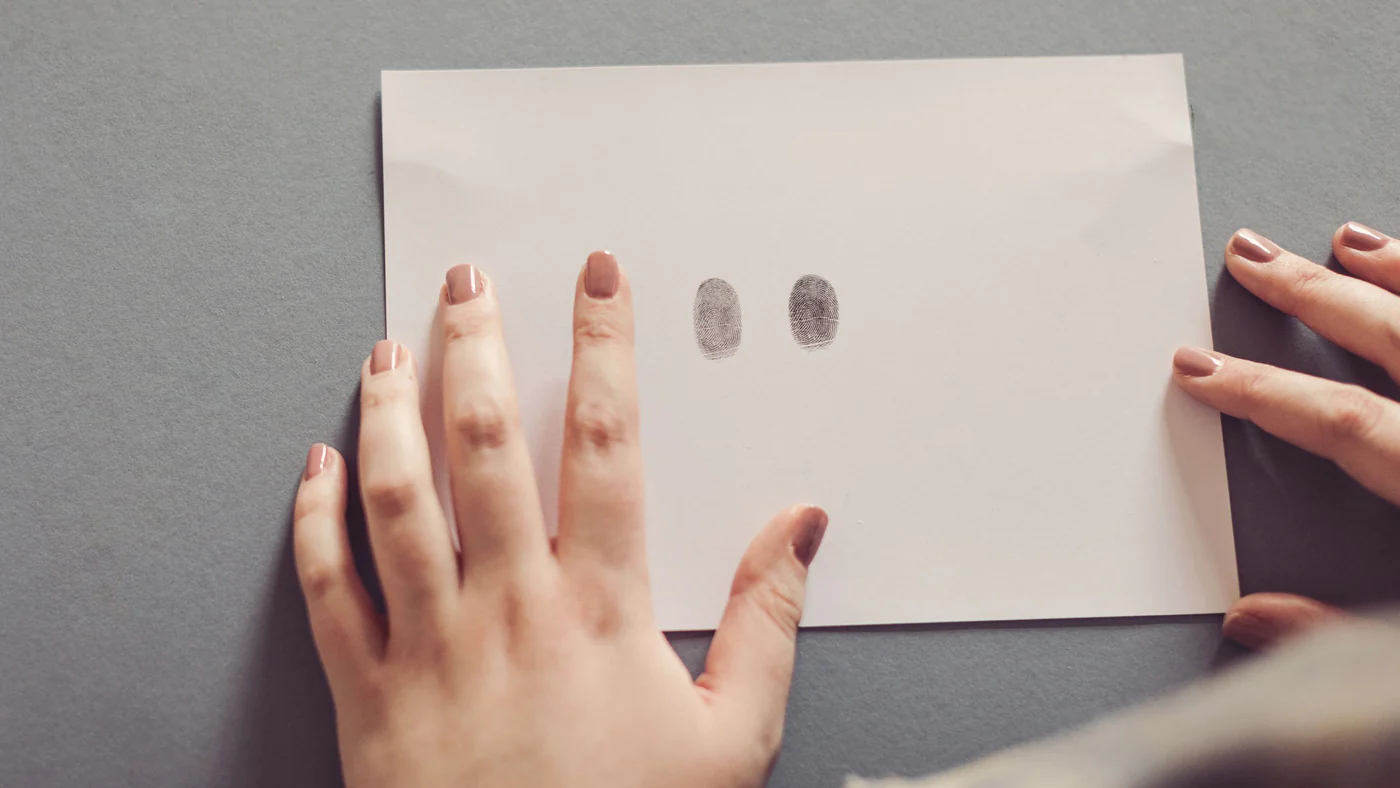
Columbia University challenges the traditional belief in the absolute uniqueness of fingerprints through groundbreaking AI research. The university’s team trained an AI tool on 60,000 fingerprints, achieving a notable 75-90% accuracy in determining whether prints from different fingers belong to the same individual. Unlike conventional methods that focus on minutiae, the AI tool analyzes fingerprints by examining the orientation of ridges in the center, introducing a novel approach.
Professor Hod Lipson, who supervised the study, acknowledges uncertainty about how the AI achieves its results. This research could have far-reaching implications in the realms of biometrics and forensic science, potentially connecting unidentified prints from distinct crime scenes. Despite its potential utility in generating leads for forensic investigations, the AI tool is not currently deemed suitable for courtroom evidence.
Graham Williams from Hull University comments on the longstanding idea of unique fingerprints, stating that it has never been definitively established. The study, set to be published in the journal Science Advances, emphasizes the need for caution in relying on assumptions about fingerprint uniqueness, shedding light on potential vulnerabilities in biometric security measures.
In a related context, twins in Cheshire challenge biometric security features by reportedly unlocking each other’s iPhones using their own fingerprints. The grandmother of the twins claims they can also bypass facial recognition features on the devices, raising questions about the reliability of fingerprint uniqueness. Recent research suggesting a genetic process behind fingerprint formation aligns with the twins’ ability to have similar prints.
The AI-driven research introduces uncertainty about the markers focused on by the tool, impacting its potential reliability. Ongoing research is crucial to address questions about the AI tool’s focus markers and its consistency over time. The study contributes to the broader discourse on the reliability and uniqueness of biometric identifiers in security systems, emphasizing the need for continued exploration and caution in embracing fingerprint uniqueness assumptions.
Also, see:
Samsung Faces Steep Profit Plunge of Over 30% in Q4 2023 amid Global Tech Challenges




